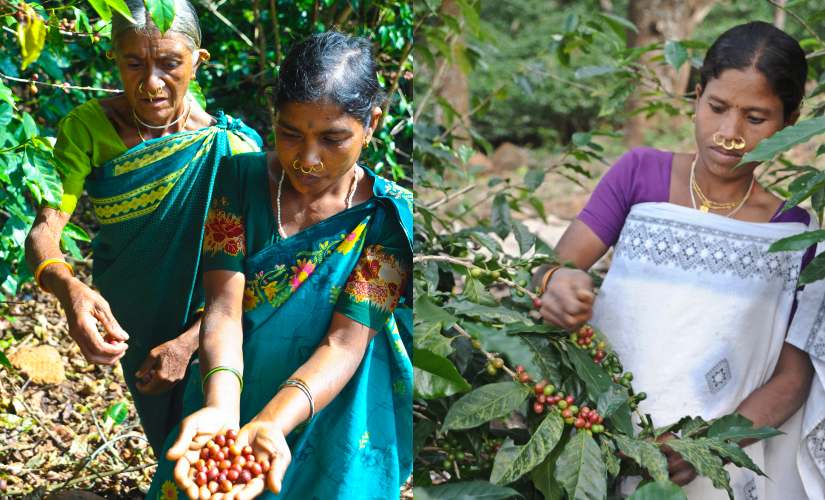Araku, the newest coffee brand on the market, has a somewhat circuitous route to India’s retail scene, having first started retailing in France before touching down in the homeland. That’s because, as Manoj Kumar, CEO of the Naandi Foundation, says, “Whether we like it or not, it is the gastronomic capital of the world, so if you made a food product click as the best in Paris, then that gives you access to newer economies and newer markets.” Named after the region in which the Arabica beans are grown (Kumar calls the landscape “deceptively beautiful”), Araku is a social enterprise, but over the last two years, since it set up its first store on Paris’ Rue de Bretagne (in 2017), the coffee has won a host of awards, including the gold medal at the Prix Epicures OR 2018 Awards in the French capital. However, it is the story of the brand’s work with adivasis that makes this coffee even more interesting. While most new coffee shops and even coffee companies rely on plantations that have been around for years and sometimes generations, Araku instead chose a different path. [caption id=“attachment_6024031” align=“alignnone” width=“825”]
 All images courtesy of Araku[/caption] Narrating the story, Kumar says, “It’s been 20 years with them in that region [the Araku valley in Andhra Pradesh]. Initially, nobody wanted to go there. If you recall, it is a Naxal-infested area and development had not reached there. It’s a completely notified area, which means there’s only tribal access. No private property, no industry, no outsiders can come.” Naandi, the non-profit, initially started out by working on the region’s development indices — like health, mortality and education. With continued engagement, the adivasis started to trust the team. “They started saying, ‘We’d like to take up a livelihood because we want to get some identity, some cash.’ They were fascinated with whether we could recreate the forest, which they’ve lost,” Kumar says. From this came the understanding that the adivasis were forest dwellers, not farmers. The suggestion for coffee as an industry came from the locals. Explains Kumar, “Funnily enough, the coffee was growing since 1900.” Started by the British and then taken forward by the Coffee Board and the Indian government, which had started handing over silver oak trees and coffee plants to the adivasis to grow. Since the Naandi foundation entered the area, and with the help of their corporate donors (which includes Danone, CapGemini etc), the forest cover has seen over five-six million fruit trees being planted, both to increase biodiversity and to provide shade for the delicate coffee plants.
Named after the region in Andhra Pradesh where the beans are sourced from, Araku coffee has a distinctly French ethos
Advertisement
End of Article


)
)
)
)
)
)
)
)
)



